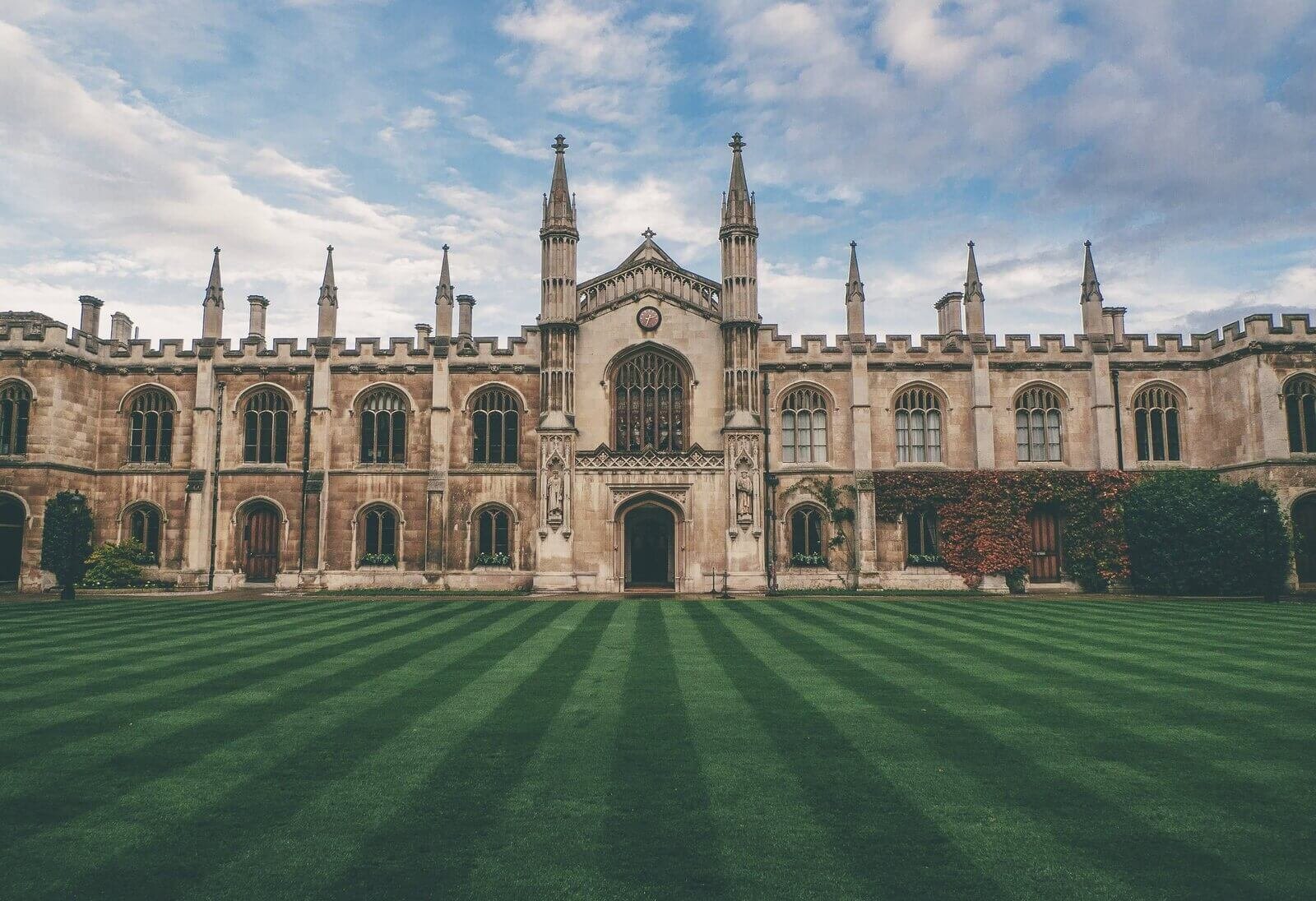Learn IB Theatre With IB Graduates Turned Stage Actors
Getting ahead in the IB has never been so easy. With expert help and guidance from former IB Theatre students, you don't have to go through this challenging journey yourself—you can be guided by people who have already acted on these challenges.
Think Smart IB Tutors are the most qualified in the industry at offering first rate tutoring to International Baccalaureate students.
Think Smart alumni now attend
What’s IB Theatre all about?
The IB Diploma theatre program uses both practical and theoretical approaches to explore some of the fundamental questions of the theatre.
What is ‘acting’ and how can one learn to be good at it?
What is the relationship between performing and spectating?
What is the social function of the theatre?
And how have answers to these questions varied in different cultural and historical contexts?
The course comprises four modules:
One: Creating theatre based on theatre theory (HL only)
In the 20th century, there were several revolutions in the theatre. Practitioners such as Konstantin Stanislavsky (Russia), Berthold Brecht (Germany), and Jerzy Grotowski (Poland) all developed different ideas about how the theatre should be made and what it should be made for. Students study one of these great theorists of the theatre and then put the ideas they have learnt to practical use by creating and performing a short solo theatre piece.
Two: Director’s notebook (HL & SL)
It’s a common mistake to confuse the texts of the theatre with theatrical performance. The theatre is more than simply annotated literature: in order to perform Hamlet, a theatrical company must do a great deal more than simply speak the words of Hamlet in the correct order. The Director’s notebook task invites students to develop and present ideas for the staging of published play text. It’s an expansive project that must consider practical elements like scenery, props, costumes, and music alongside a vision for how the themes of the play can be brought to life on stage.
Three: Examining world theatre traditions (HL & SL)
Hamlet, in his speech to a group of actors, explains that the purpose of acting is “to hold as it were the mirror up to nature”. By studying the theatre, we learn also about the world that is reflected in the theatre. And so, by studying theatre from different cultures, we learn more also about those other cultures. This unconventional and mind-expanding module invites students to research and examine the conventions of a world theatre tradition – conventions that often differ strikingly from anything they might previously have encountered.
Four: Collaboratively creating original theatre (HL & SL)
At its heart, the theatre is a practical art form. Brecht and Stanislavsky spent years experimenting with and making theatre before finally developing their theories. And so this module, in which students work together to develop an original piece of theatre, provides an excellent opportunity to put into practice the research and ideas developed through the rest of the programme. The learning opportunities are rich: students must take risks, think critically and creatively, and support and challenge each other, all in the process of making an artistic work that communicates something of interest to a specific audience and serves as a learning opportunity for everyone involved.
In case you’d like some tailored expert guidance…
Our experienced IB Theatre tutors are here to help you smash your assessments.
Studying the IB Diploma theatre program with Think Smart Tutoring is an opportunity to receive dedicated mentoring and support across all areas of the course from former IB students who now work professionally in the theatre.
Think Smart Alumni award us 4.9 on Google

The university of your dreams is within reach. Our IB Tutors are already there.
We can help you pass your IB Assesments the way we helped thousands of our students.
2k+
students trained
94%
success rate
11+
years of experience
















